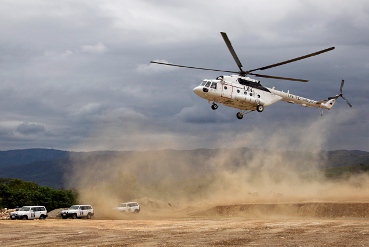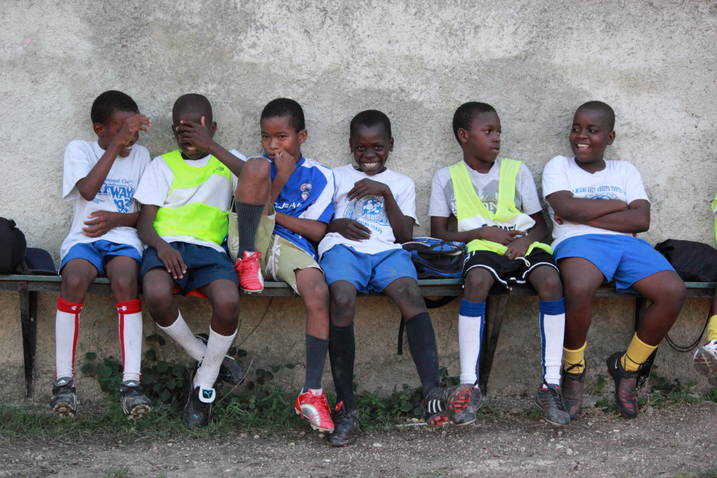Book Preview: Three Goals – My Peace Corps Experience in Haiti (Mason Robbins)
 Mason Robbins is a Returned Peace Corps Volunteer who served in the Grande Anse region of Haiti from 1999-2001. He lives in Cary, North Carolina and works as a Regulatory Affairs Specialist for a medical device manufacturer. In his spare time, he wrote a book about his Peace Corps experience in Haiti and will be self-publishing it, with all proceeds going to Haiti-related charitable causes. Below are some initial excerpts. We will post regular updates on the status of his book. In the meantime, feel free to reach out to him at masomail@yahoo.com for more information.
Mason Robbins is a Returned Peace Corps Volunteer who served in the Grande Anse region of Haiti from 1999-2001. He lives in Cary, North Carolina and works as a Regulatory Affairs Specialist for a medical device manufacturer. In his spare time, he wrote a book about his Peace Corps experience in Haiti and will be self-publishing it, with all proceeds going to Haiti-related charitable causes. Below are some initial excerpts. We will post regular updates on the status of his book. In the meantime, feel free to reach out to him at masomail@yahoo.com for more information.








